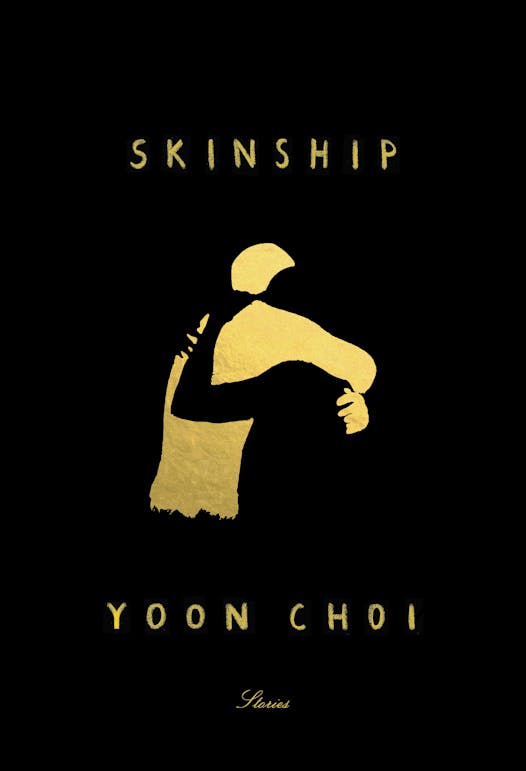Yoon Choi's "Skinship" comes wrapped in extravagant praise from luminaries such as Chang-rae Lee, Weike Wang and Adam Johnson: the stuff of first-time authors' dreams. Believe the hype. Choi's collection of short stories is an inventive, dazzling work that probes the Korean-American experience from myriad angles and perspectives, wielding the double-edged sword of the hyphen to superb effect. Each piece is a banger.
"Skinship" straddles the Pacific Ocean, opening onto views of Seoul, New York City and the suburbs of northern Virginia. Choi writes in a longish manner reminiscent of Mia Alvar's "In the Country," guiding us along at an unhurried pace amid velvety textures, piercing flashbacks, stories coiled within stories.
She moves confidently between countries and decades, enriching her surfaces with details from the methods of Beethoven and Rachmaninoff to foods found in a Korean deli (beef leg bones and rainbow rice cakes).
Choi brings not only a mastery of technique but also a wry humor to her characters, as in this portrait of a middle-aged musician in the exquisite "Solo Works for Piano":
"Most mornings when he woke, he felt the act of getting up was a small courtesy to himself. His bed was easily made — only a top sheet. His breakfast: two slices of toast sprinkled with garlic powder, a tablespoon of psyllium husks stirred into a tepid glass of water. Most days, a bowel movement."
She probes relationships — particularly marriage — with candor. In "The Church of Abundant Life," an older woman peers back at a lost romance through the lens of Christianity. "First Language" limns tensions within an arranged union, the lengths to which an immigrant bride goes to please her first-generation husband; as the narrator observes in her faulty English: "It is very easy to lie in the language that is not your first language."
Sex perfumes the surfaces of these stories, as Choi explores desire, discreet and otherwise, and the trails it leaves behind.
Friendship and family also fall beneath her exacting scalpel. A Korean-American student in Queens betrays another Asian American girl as she climbs a ladder toward an Ivy League university. And in the title story, a teenager flees Korea with her mother and brother, moving in with socially ambitious relatives in leafy Annandale, where they function more as serfs than kin, tending to meals and laundry.
The narrator observes of her mother: "I would watch her hands, which were also able to convey a certain mood. A kind of deadpan expertise. A lack of expectations. Fold and stack, fold and stack. Susie's neon crop tops. Our uncle's pouched cotton briefs."
The younger generation must carry the burden of their parents' aspirations — that's a given here — but Choi peels away conventions of diaspora literature, writing along a curve only to break away in the final scene, faking us out, an Alice Munro for the 21st century. From its intricate architecture to its beautifully crafted sentences, "Skinship" is one of this year's literary triumphs.
Hamilton Cain reviews fiction and nonfiction for a range of venues, including the Star Tribune, O, the Oprah Magazine, the Washington Post and the Boston Globe. He lives in Brooklyn.
Skinship
By: Yoon Choi.
Publisher: A.A. Knopf, 304 pages, $26.


